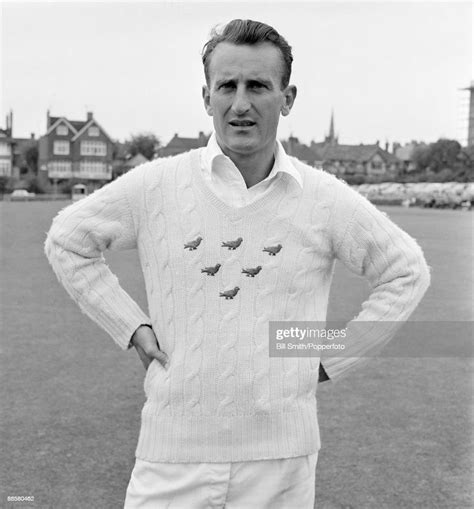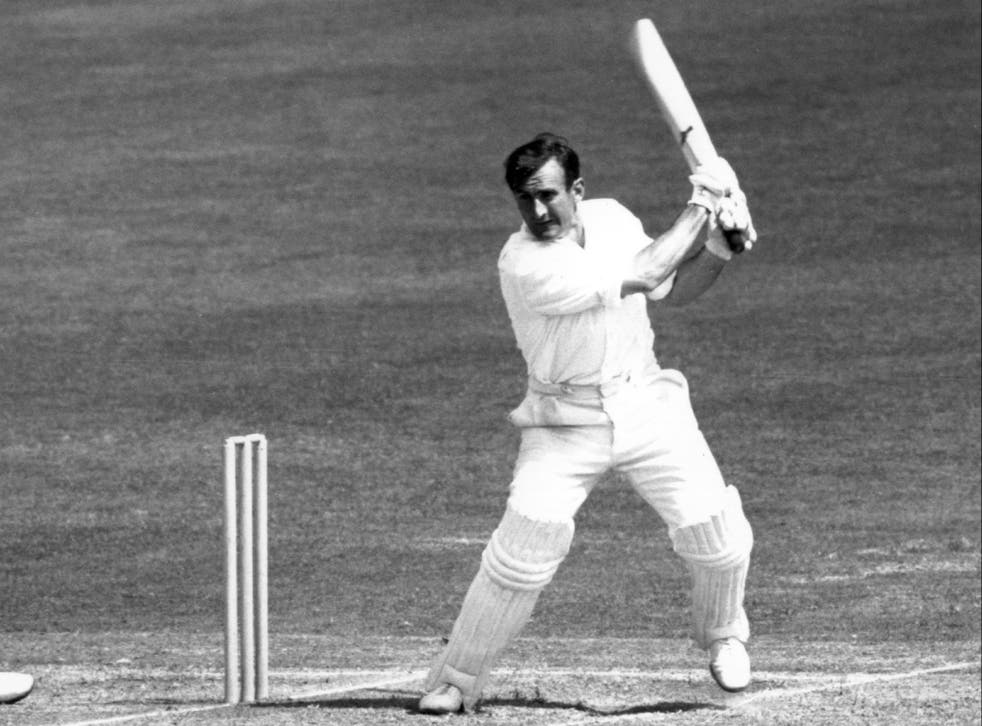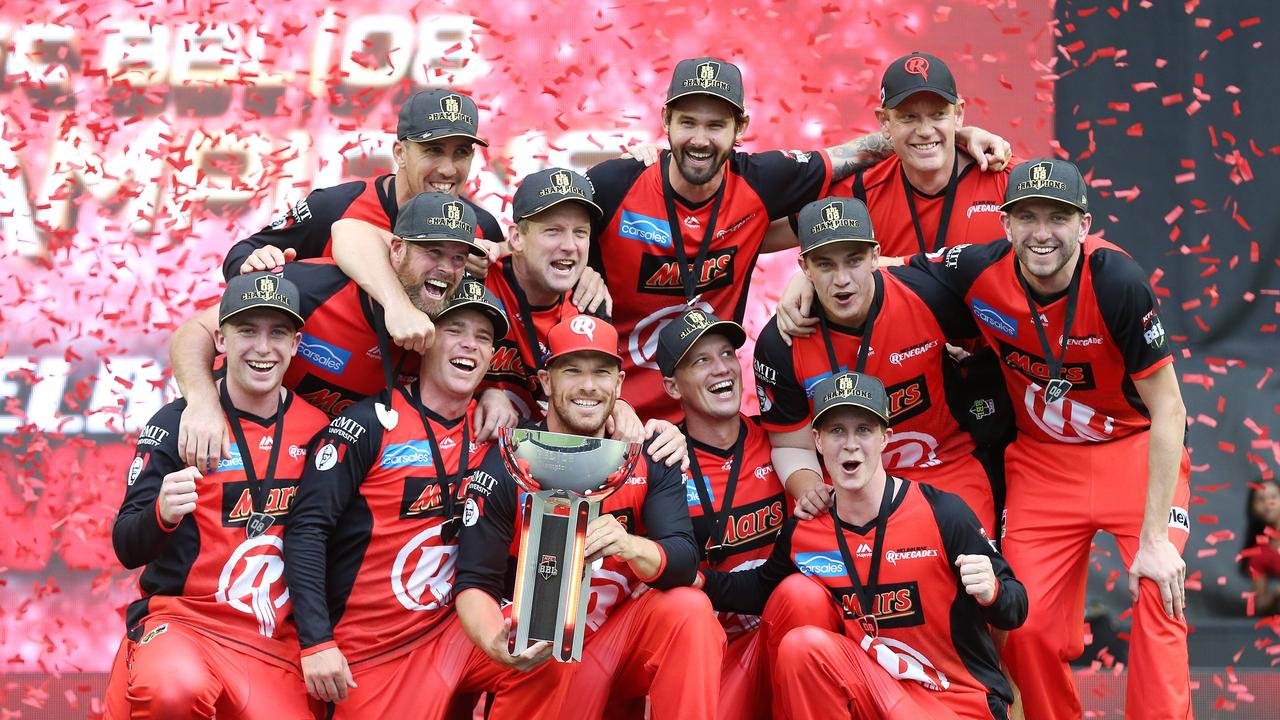In the 1960s and beyond, Ted Dexter imprinted dynamism on English cricket, captaining with attacking zeal before fostering innovation as administrator equally dedicated to fortifying foundations.
Dexter first carved batting bravado as a stroke-playing spectacle transfixing crowds with cuts and drives torpedoed around grounds.
Leadership then beckoned Dexter, assuming the captaincy in determined times needing resolute authority. But beyond staunch tactical unorthodoxy, his influential tenure proved a bridge between establishment conservatism and modern aspirations, aimed at propelling English cricket forward.
Later as MCC and ECB committee helmsman, such vision sparked World Cup hosting and rookie nurturing initiatives still reaping today.
Article Highlights
Hide- Ted Dexter was a prominent English cricketer who played 62 Test matches for England between 1958 and 1968.
- He was known for his aggressive and attacking batting style and scored 4,502 runs in Test cricket at an average of 47.89.
- Dexter achieved several notable records and achievements during his career, including captaining England to their first Test series win in the Caribbean in 1968 and being named Wisden Cricketer of the Year in 1962.
- After retiring from cricket, Dexter served as the chairman of selectors for the England cricket team, worked as a commentator and analyst, published books on cricket, and served as the president of the Marylebone Cricket Club (MCC).
On and off the pitch, Dexter exhibited courage backing both bold ideas and next generations of talent. His charming gusto proved a catalyst for changing change-resistant cricketing culture.
Such multi-form commitment to progress measured Ted Dexter’s off-field leadership as impactfully as any batting records gleaned. His defiance bolstered evolution from playing past to future ambitions.
Early Life and Upbringing
Born on May 15, 1935, in Milan, Italy, Ted Dexter was raised in a family where cricket was revered, setting the foundation for what would become an illustrious career in the sport.
Dexter’s upbringing in an environment infused with a passion for cricket instilled in him an intrinsic understanding of the game’s nuances.
The early exposure to cricket culture not only honed his skills but also ingrained a strategic mindset, essential for his future endeavors on the field.
Richie Benaud
In Richie Benaud’s journey, cricket witnessed the ascent of accomplished player morph seamlessly ... Read More
Dexter’s formative years were marked by rigorous practice and an unswerving commitment to mastering the technicalities of batting and bowling.
This dedication was reflective of the zeitgeist of post-war Britain, where sportsmanship and excellence in cricket were seen as avenues for national pride and individual distinction.
Dexter’s early life, therefore, was not merely about developing physical prowess but also about cultivating a cerebral approach to the game.
His profound comprehension of cricket’s intricacies during adolescence laid the groundwork for a career characterized by a rare blend of athletic finesse and intellectual depth, traits that would later define his legacy in the annals of cricket history.
Ted Dexter: Rise to Cricketing Prominence
Ted Dexter’s ascent in the world of cricket was marked by a series of remarkable performances that quickly cemented his reputation as a formidable batsman and a strategic bowler.
Dexter’s batting prowess was characterized by an aggressive approach that married classical techniques with unorthodox flair, setting him apart from his contemporaries. His audacious stroke-play and ability to dominate bowling attacks made him a pivotal figure in the cricketing arena.
As a bowler, Dexter’s medium-pace offerings were not only tactically astute but also provided crucial breakthroughs, often disrupting the rhythm of the opposition.
Analyzing his statistical contributions requires a foray into the numbers that encapsulate his cricketing journey. Below is a concise tabular representation of Dexter’s rise to prominence:
| Year | Performance Highlight | Impact |
|---|---|---|
| 1958 | First Test Century | Dexter’s maiden century in Tests underlined his potential at the international level. |
| 1961 | Captaincy Debut | Leading England, he demonstrated strategic acumen and galvanized team performance. |
| 1962 | Ashes Triumph | His role in securing the Ashes cemented his legacy as an English cricket luminary. |
These milestones, among others, are indicative of Dexter’s burgeoning legacy and his indelible impact on the sport. His analytical mind and innate leadership qualities were instrumental in his rise, establishing him as a cricketer of distinction.
Captaincy and Leadership
Building upon his remarkable feats with the bat and ball, Dexter’s ascent as a tactician was further exemplified during his tenure as captain of the England cricket team, where his leadership qualities shone through strategic innovations and an ability to inspire his teammates.
Dexter’s captaincy was marked by a forward-thinking approach that often ran counter to the conservative strategies of the time. He exuded a sense of unwavering confidence and possessed a visionary’s eye for the game’s evolution, which was reflected in his bold field placements and willingness to experiment with the batting order.
Under Dexter’s stewardship, England embraced a more aggressive and dynamic style of play. His tenure, while not devoid of challenges, was punctuated with moments that underscored his astute understanding of cricket psychology and tactics.
Dexter’s propensity for taking calculated risks was emblematic of his deep-seated belief in playing to win rather than playing not to lose.
Although his record as captain does not capture an era of unbridled English dominance, it does reflect a period of transition where Dexter’s leadership catalyzed a shift in mindset.
His statistical legacy as captain, considering the era and the resources at his disposal, underscores the impact of his strategic acumen on the international stage.
Ted Dexter: Statistical Highlights
Delving into the statistical achievements of Ted Dexter’s career reveals a player of exceptional caliber, whose numbers reflect not only his proficiency but also his influence on the game during his era.
Dexter’s first-class career, which spanned from 1956 to 1968, included a commendable tally of 21,150 runs, at an impressive average of 39.50. His 50 centuries in first-class cricket underscore the consistent high-level performance he maintained over the years.
In the Test arena, Dexter’s statistics are equally notable. Over the course of 62 Test matches for England, he amassed 4,502 runs, with an average of 47.89—a figure that places him among the finest English batsmen of his time.
His nine Test centuries and 27 half-centuries illustrate a capacity for both converting starts into significant scores and providing stability at the crease.
A deeper analytical view into Dexter’s numbers reveals his prowess against formidable bowling attacks, marked by a strike rate that was ahead of his contemporaries—a testament to his attacking mindset.
Moreover, his 66 wickets in Test cricket at an average of 34.93, with an economy rate of 2.66, confirm him as a valuable all-rounder, capable of influencing the game with both bat and ball.
Dexter’s statistical highlights, thus, paint the picture of a cricketer whose technical excellence and strategic acumen were matched by a robust numerical legacy.
Legacy and Influence
The enduring impact of Ted Dexter’s career extends beyond his formidable statistics, shaping the landscape of English cricket with his innovative approach and strategic acumen. Dexter’s legacy is a multifaceted one, encompassing various aspects of the game that continue to resonate within the sport.
The following list encapsulates four key elements of Dexter’s lasting influence:
- Pioneering Attitude Towards Batting: Dexter’s aggressive style and willingness to dominate bowlers revolutionized the mindset of English batsmen, setting a precedent for future generations to adopt a more proactive and assertive approach at the crease.
- Strategic Foresight in Captaincy: His tenure as England captain is remembered for strategic innovations, including the use of psychological tactics and the encouragement of a more dynamic and flexible approach to leadership and game management.
- Contribution to Cricket Administration: Dexter’s roles in various administrative capacities, including his influence on selection policies and the structure of domestic cricket, have left an indelible imprint on the governance of the game.
- Cultural Impact on the Sport: Beyond the technical and administrative realms, Dexter’s charisma and intellect contributed to the broader cultural perception of cricket, promoting the sport as one requiring both physical prowess and cerebral engagement.
Ted Dexter’s legacy, therefore, is not merely a function of his on-field performances but is enshrined in the deeper strategic and cultural evolution of cricket.
Final Take
Ted Dexter’s enduring legacy in the realm of cricket is etched in the annals of the sport through his exceptional talent and leadership. Dexter’s statistical triumphs underscore his technical prowess and strategic acumen, both as a player and captain.
His influence transcends mere numbers, fostering a sophisticated approach to cricket that resonates with future generations. Dexter’s contributions to cricket, therefore, remain a benchmark for excellence, inspiring aspirants and aficionados alike.

















